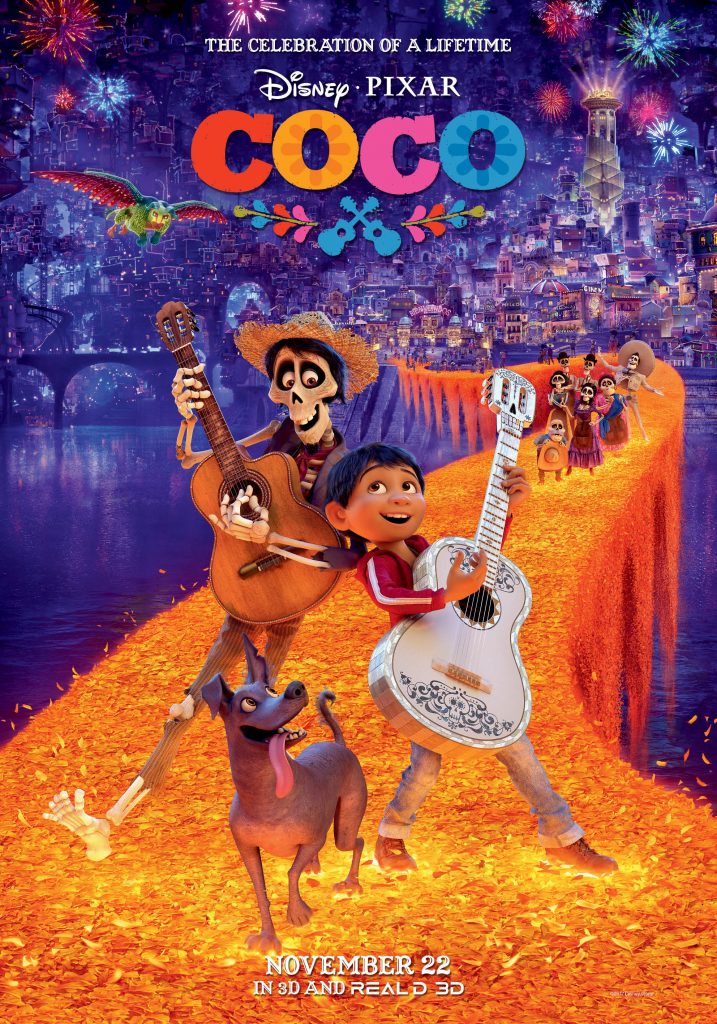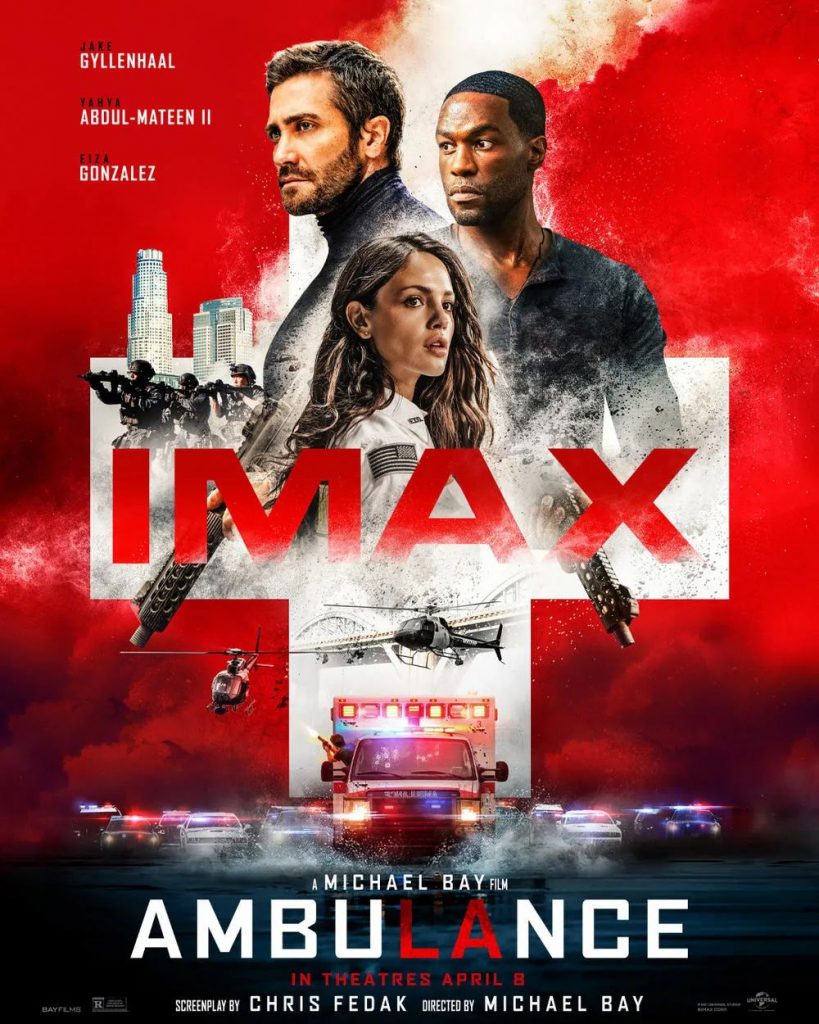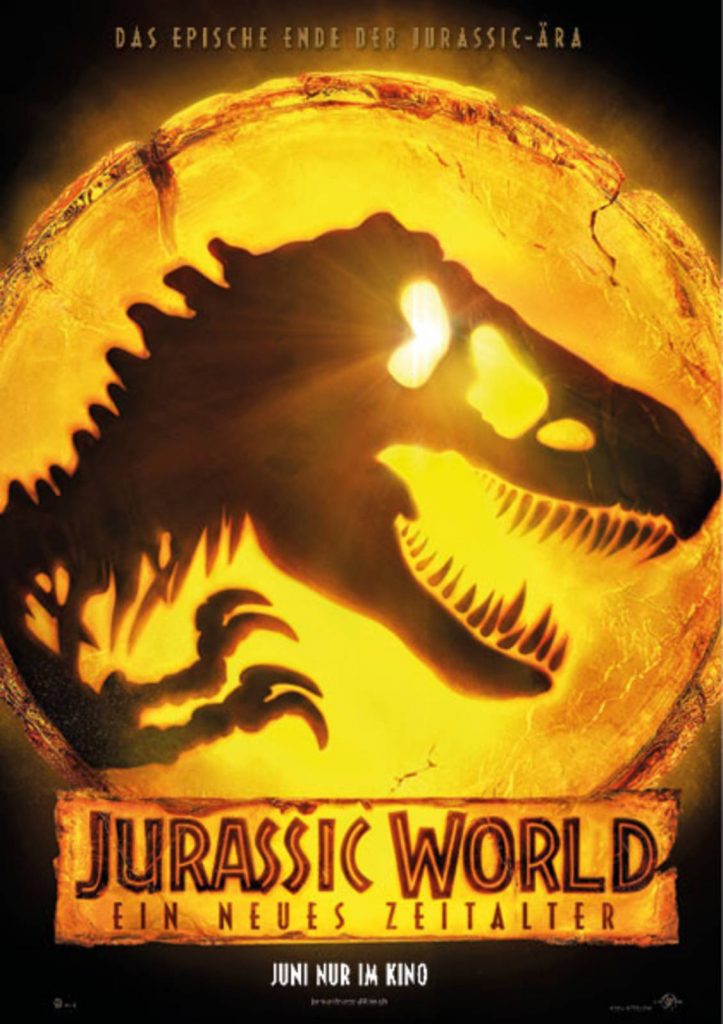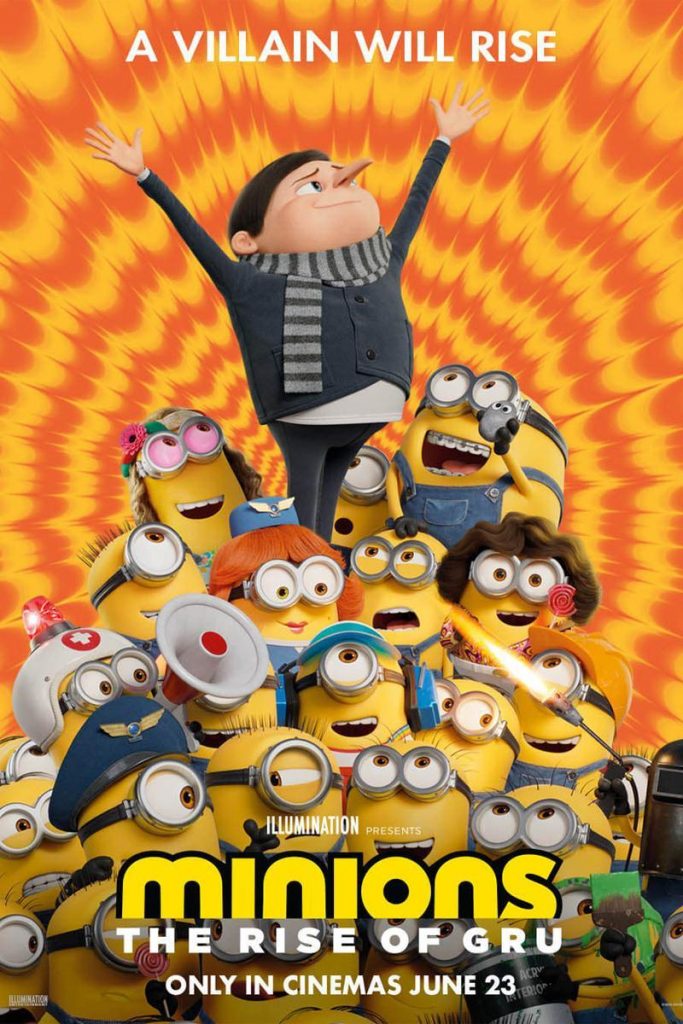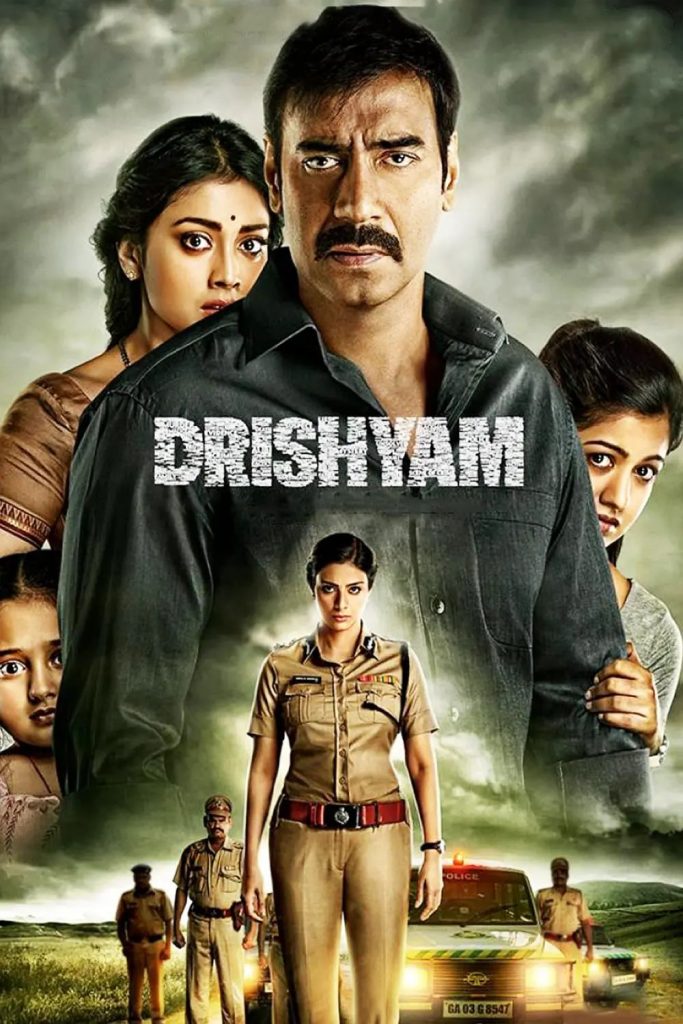The Next Three Days is almost a one-man show with Russell Crowe as the husband, but with a fine script and a moving performance from the Australian actor who has lost his belly, the human emotions are still delicate and moving. The film uses one of the husband’s lessons to illustrate his inner workings. The similarity reminds me of Kevin’s The Life of David Gore, with the same death row inmate with few days left, the same delicate emotions, and the same use of one of the main character’s lessons to punctuate the story. But unlike the Lacanian philosophy of David’s classroom, the husband’s one lesson seems shallow and clear: Don Quixote, a total idealism personified.
For, the husband’s response is: I believe. He did not even ask his wife if she had done it or not, because he believed that it was his beloved, that they had dined together that night and had their ear to ear, and that she would never do such a thing. Even though all the evidence was against her, even though their lawyers were advising him, “You forget that she is your lover and look at the report again”, the implication being that you are blinded by your emotions and thus reckless with the facts. This is a logic we often see, and often the correct one. But the husband’s trust at this point already feels paranoid and insane to onlookers. Faced with hope and time disappearing bit by bit, watching the person he loves be so helpless and desperate, he chooses to take the plunge.
The purest and most complete conviction gave him reason to be paranoid and to reject what he called reason.
1. As a Hollywood commercial genre film, there is nothing really new in this film, and all the settings and plots are very common (as in the point above), which is why the film has been criticised for being trite. But cliché is never a derogatory term for a commercial film. The Next Three Days’ is the most proper commercial film, unlike Crash, which was to the taste of the Oscar judges. It will not be exploratory, but rather celebratory (a so-called melodrama). Because family is such an important part of American values, the celebration of family (love) is a common theme in mainstream Hollywood commercial films. But there are very few films that are as sophisticated as Three Days in Danger, taking care of every aspect of the mainstream relationship model. With the hero at the centre, the emotions between him and his loved ones are textbook and moving. The main axis is of course the love between the couple, in fact what we see is basically the extreme version of what a good man can achieve in loving his wife. Once again, I must praise the script for its excellent portrayal of emotions, its succinct opening account of the characters’ relationships, and the visual sense of “family harmony” that we get from one dinner and breakfast. The dramatic conflict comes to a climax when the wife is imprisoned and the three years are enough to alienate the children from their mother, but the husband’s unconditional trust and never-give-up spirit is very moving. It also paves the way for the plausibility of all the madness that follows.
Certainly, we can sense that this seems to be a supremely good man who has been deified. Even his wife is a little broken by his perfection, and Russell Crowe’s three years of caring for his son alone, with work, lawsuits and loneliness, do not allow him to lose sight of his son, nor does he even flinch at the advances of his single mother. He has nothing but his wife and family in his heart, and that love is not diminished by separation, not questioned by the supposed rationality of others – it is true love, and it is a rare love, too beautiful to be true. But that’s what I like most about “unreal”, in fact it’s the same thing as the unrealism of the Chinese melodrama, we know it’s so rare that it’s almost impossible, but because it’s the ultimate beauty we aspire to, we want to believe it’s real.
The treatment of the father-son relationship is sparse, but extremely well done. It goes without saying that the husband and his son are the only three scenes that touched me more than any other were between the husband and his “never-speaking” father. The second of these scenes is simply great: the husband comes to pick up his son, who is asleep at his grandparents’ house, and he falls asleep next to him after a long day’s work. And the grandfather finds the airline ticket in his bag and guesses what he’s planning to do. When he wakes up and takes his son to say goodbye, the grandfather’s introspective and emotionally charged “goodbye”, the look in his eyes, brings tears to your eyes. The complex relationship between father and son – “attachment – confrontation – reflection – understanding” – is portrayed by the three generations of grandchildren. It is very moving.
The choice of Russell Crowe for the lead role is a vote of confidence in his acting ability, and there are not many actors in Hollywood who can deliver the richness of his performance in A Beautiful Mind and the sharpness of his fists and feet in L.A. Confidential. The Next Three Days is a proper commercial film, which means that it can’t be sold on the tension of the plot alone. The latter half of the film is very technically a story of a prison break.
Of course, unlike Shawshank’s Andy and Fox River’s Gully Fly, the husband, who is a community college teacher, is not as good as the above two. He is an ordinary man who has to complete the technically difficult task of “helping an uncooperative female murderer escape from an urban jail outside the prison”. This is the kind of thing that a husband can do when he knows he can’t, and it is the kind of thing that pushes his love for his wife to the highest level.
The subsequent escape from prison is a rather technical part of the film’s plot, and the fact that someone without any professional skills or special abilities breaks out of prison is a subject that has not been covered in other films. It is also a major commercial selling point. The husband carries out his plan step by step by consulting a master and learning tutorials online in a very contemporary way. But he is beaten up for buying fake IDs and is scared to death of being caught experimenting with keys. There is hardship in all the realities, and certainly the plot would have been more realistic and delved into human nature if it had gone on as it did, with the husband breaking down in frustration and ever looming deadlines. But that would have been a waste of Russell Crowe’s good body of work, and the audience who bought tickets would not have wanted it. And so there is the second half of a prison break that is no less than a blockbuster of the same title.
The final three days, starting with the husband’s trip to rob a drug dealer, are dominated by the other selling points of a commercial film: action and suspense. We don’t need to care about whether Russell Crowe’s expert shooting skills make sense and why he can make a seamless plan. Just watch the good drama and scenes and forget about it. Although the whole direction at the end is a cliché within a cliché, and all the techniques (both of the characters and the creator) can be found in other films as precedents. But the massively long escape scene is a great way to capture the audience’s heart. Thanks to the excellent emotional buildup that preceded it, all viewers felt a great sense of identification with this extremely good man. As a result, the audience gets the thrill of deciphering the husband’s previous actions during this escape scene, which is both spatially and temporally extensive, while the more immediate thrill comes from the suspense and anticipation of the family’s successful escape. This scene has also become one of the most anxious and exciting of my recent viewing experiences.
The scene in which the wife jumps out of the car when she realises she can’t see her son during the escape is a masterstroke, where the emotion and estrangement between mother and son on the one hand is a button that is unlocked. And the two stopping the car to sit quietly in the sunny grass also soothes the emotions and builds up energy for the next wave of excitement. This example is meant to illustrate the technical excellence of the film, the good pacing and detailing, combined with the emotion and the intense tension it brings, which is pretty much the best that a commercial film can offer its audience.
3. The ending of this film is a little too drawn out, as in other films, it would have ended with the family living happily ever after in Venezuela. But the film devotes a lot of time to the police investigation and even restores the reality of the night of the murder, but this is actually the last and best point of emotional release. The suspense of whether she did or didn’t do it was kept up until then, and when the truth comes out and the husband’s unconditional belief is right, it’s a much better and more timeless set-up than either an open or dark ending.
Because, as I’ve always said, what struck me most about this film was the husband’s “I believe”. Despite the fact that, based on this idealistic belief, he has done many things that would seem foolish, foolish things that would mess everything up, and if it weren’t for his surprisingly good luck, he would have had two more souls and an orphan. But was his initial belief in beauty and love right or wrong? The film gives us a firm answer: yes, that’s the way it should be. This is what this genre film can give us: a perfect viewing experience and a moving experience. So what if it’s not true, cinema is supposed to be about dreaming, it’s supposed to be about ideals.
So what if it’s not real? Of course, we can count the shortcomings of the film: the characters are thin, except for the hero, and the action scenes are lacking, but I think the more direct reason for this is that it clashes with Hachi. It’s a blow to a director who is confidently celebrating idealism. As in life, I don’t know how many times idealists have been hit in the head. But it doesn’t matter, I believe good films always get a fair shake.
If The Next Three Days is an idealised utopia, both in terms of its protagonist and its plot, the failure of the film at the box office proves that there is always an infinite gap between idealism and the real world, but as Kitajima wrote in his poem: I do not believe that dreams are false, I do not believe in death without retribution. What I believe is that the ugly darkness will always pass and the good light will eventually come. I believe that the old woman who fell on the side of the road was not trying to blackmail her, I believe that the stranger who struck up a conversation on the train was not a liar, I believe that what everyone hates will not last forever, and I believe that the world will become as beautiful as we imagine it to be. Despite having to learn to be less naive, despite knowing that sometimes we have to avoid it. But for all the beauty, expectation, love and kindness, I will only approach it with one attitude and that is: I believe.




